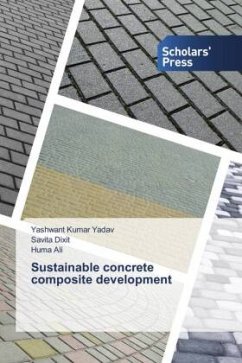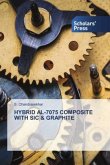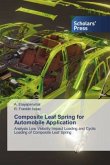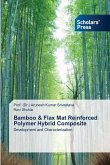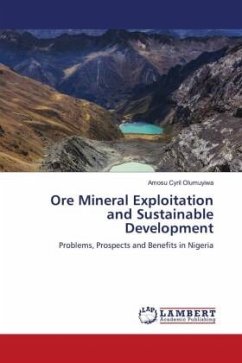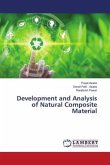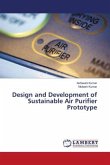Infrastructural development & urbanization have led to an increasing trend toward using paved surfaces around buildings or on road sides. Simultaneously, the amount of plastic waste generated is also increasing, as every household & institutional hostel mess generates a bulk of waste milk pouches on a daily basis, creating a pile-up of waste that further leads to environmental pollution. Therefore, control of waste disposal & recycling should be given top priority. On the other hand, the concrete industry is known to leave an enormous environmental footprint on the planet. There are CO2 emissions caused during the production of Portland cement, contributing to the general perception that cement is not particularly environmentally friendly or compatible with the demands of sustainable development. Then there is the increasing use of cementitious materials that can serve as partial substitutes for Portland cement. Therefore, the objective of this work is the determination of the feasibility of using waste milk pouches, whose disposal is an environmental problem, in the fabrication of concrete paving blocks (concrete composite) and its effects on physical and mechanical properties.

